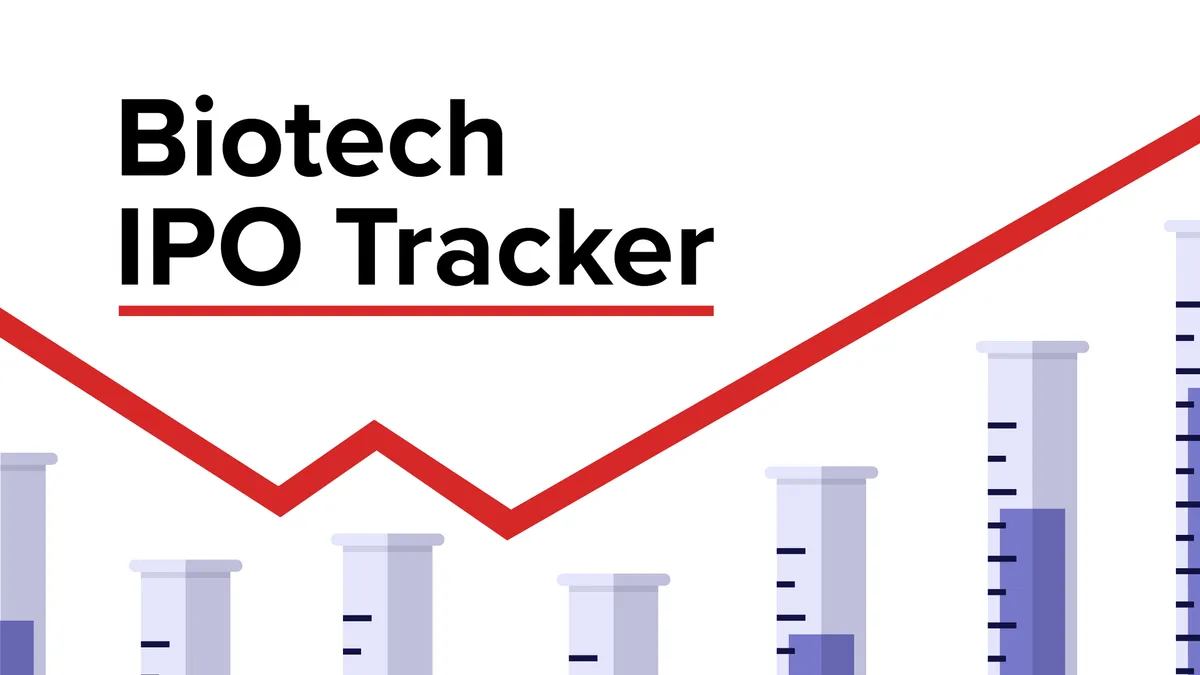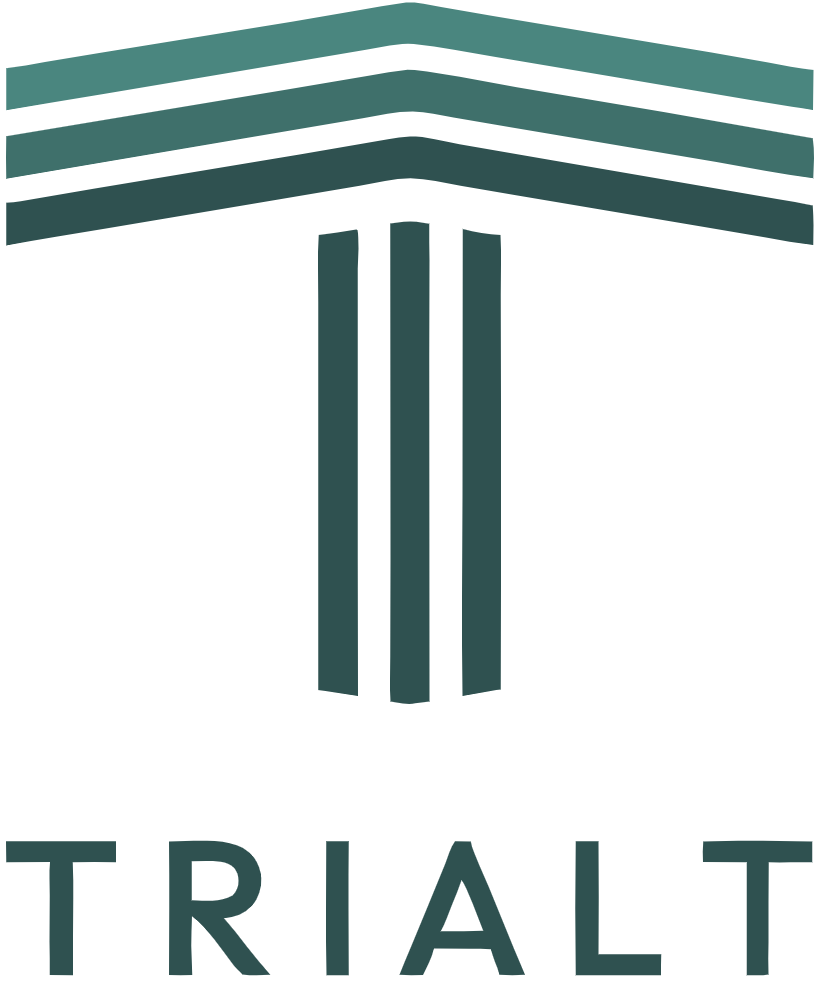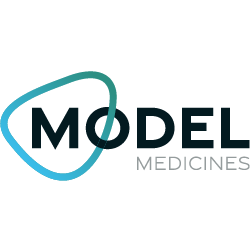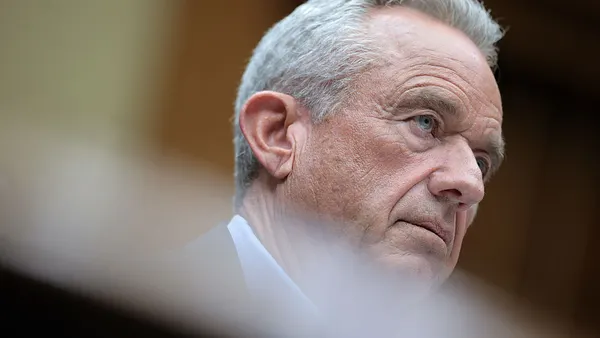Shares of French pharmaceutical giant Sanofi ticked up Thursday morning with the release of an earnings report that beat Wall Street expectations.
Sanofi recorded a little over 10.7 billion euros, or $9.9 billion, in net sales from April through June, a nearly 8% increase from the same three-month period a year prior. Earnings per share was 1.73 euros, which, though down less than 1% overall, reflected a 4% increase after factoring in currency exchange rates. According to the investment firm Leerink Partners, the sales and earnings per share figures were respectively 3% and 5% above the average analyst estimate.
Much of that growth came from Dupixent, an anti-inflammatory agent used to treat a variety of conditions, including eczema and asthma. Dupixent sales rose almost 30% in the quarter, to 3.3 billion euros, and Sanofi said the drug is still on track to hit around 13 billion euros this year.
Analysts were also impressed with how several other products performed. Sales of Lantus, a type of insulin and one of Sanofi’s legacy medicines, increased 13% to $398 million. Newer offerings like the hemophilia therapy Altuviiio, the blood cancer treatment Sarclisa and the Pompe disease drug Nexviazyme beat sales predictions as well.
One of the world’s largest vaccine makers, Sanofi recorded an almost 7% dip in its portfolio of shots, which it pinned on the absence of COVID-19 sales.
The company has a new, sought-after antibody drug for RSV, or respiratory syncytial virus, an infection of the lungs and airways that can be particularly dangerous for babies and the elderly. But meeting that demand has been more challenging than Sanofi and its commercial partner AstraZeneca anticipated, which has led to shortages. The companies are now trying to get two additional filling lines cleared by health authorities to expand supply for the Northern Hemisphere in time for the next RSV season.
Sales of the shot, sold as Beyfortus, totaled 18 million euros in the second quarter, but they’re expected to grow substantially.
In a note to clients, Jefferies’ Peter Welford predicted that Dupixent and Beyfortus will cause analysts to continue upping their sales estimates for Sanofi. He also argued the depth of Sanofi’s research directed at the immune system is “underappreciated” by investors.
There, the company has more than half a dozen experimental medicines in mid- to late-stage testing. The list includes a drug named amlitelimab, which Sanofi acquired through the billion-dollar acquisition of a U.K.-based biotechnology company in 2021. Last summer, the drug hit the main goal of a study focused on moderate-to-severe eczema.
That wasn’t the only recent success. Shortly before announcing the amlitelimab findings, Sanofi reported that two of its other immune system therapies had scored positive results in trials evaluating them, respectively, against multiple sclerosis and COPD.
Sanofi then expanded its pipeline further in October by paying $500 million to collaborate with Teva Pharmaceutical on a potential medicine for inflammatory bowel disease. Known as duvakitug, the medicine inhibits a protein that regulates inflammation and fibrosis. Drugs targeting this “TL1A” protein have attracted much attention over the past year, with Merck & Co. and Roche each spending billions of dollars to get their hands on one.
On Thursday, Sanofi and Teva said they have sped up the development of duvakitug and now expect high-level results from a mid-stage program toward the end of this year. The program is testing the drug in patients with ulcerative colitis or Crohn’s disease.
Sanofi shares were up 4% by late Thursday morning, to trade just above $53 apiece.














